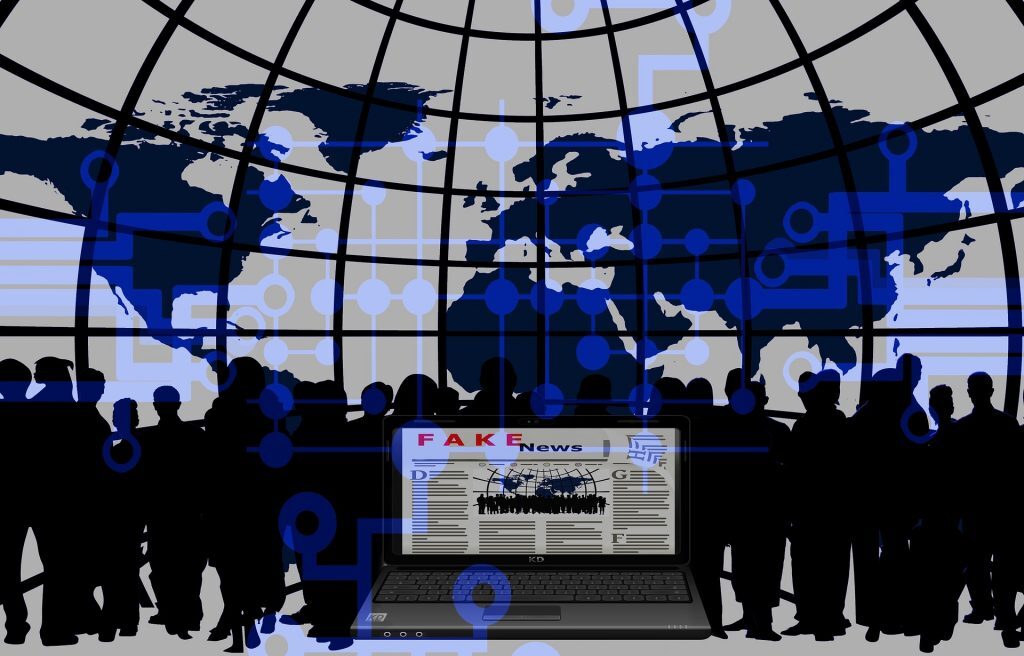It may surprise you to hear this but not everyone — yes, including the people you like — tells the truth on Twitter. That’s fine if you’re the kinda guy with 26 followers and not a whole lot to say. But that guy with millions of followers? Many of ’em will believe that chap if he says the Earth is flat — based on little more than the fact that he has millions of Twitter followers.
Twitter’s taken note of this phenomenon and is experimenting with marking false and misleading tweets by politicians and public figures with red and orange labels. We’re guessing red means ‘false’ and orange means ‘misleading’. Since they won’t kick (some) folks with an agenda off (cos those folks make the company money at the end of the day), this’ll have to do for now.
Early days
 Just… don’t expect it to turn up this weekend. Marking tweets as false or misleading, at this point, seems to hinge on community involvement but there’s no word on who fact-checkers would be and how they’d fit into a proposed points-based system. And the idea is… mostly experimental as well, it seems.
Just… don’t expect it to turn up this weekend. Marking tweets as false or misleading, at this point, seems to hinge on community involvement but there’s no word on who fact-checkers would be and how they’d fit into a proposed points-based system. And the idea is… mostly experimental as well, it seems.
Twitter, speaking to Recode, said “We’re exploring a number of ways to address misinformation and provide more context for Tweets on Twitter. This is a design mockup for one option that would involve community feedback. Misinformation is a critical issue and we will be testing many different ways to address it.”
Right, because simply kicking off famous people who routinely lie or misrepresent facts just isn’t a simple enough solution for the entire problem.
Now, we wait
It’s going to be a while before Twitter’s fact-checking system, or any of the other proposed options that don’t involve banning users with huge follower counts, are implemented. A Twitter spokesperson went on to say, “The mockups that you see are completely early-stage research, and it’s just one of a variety of options. There’s no timeline. But we’re obviously always trying to get ahead of what we’re seeing and not leave any stone unturned.”
Even then, there’s no guarantee that Twitter’s moves will matter in the slightest. After all, if someone’s willing to believe an unqualified celebrity on the shape of an entire planet, they’re just as likely to disbelieve someone pointing out their favourite Twitter person is full of– yeah, anyway.
Source: Recode




